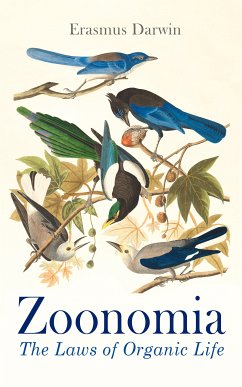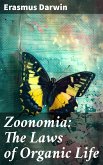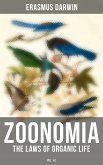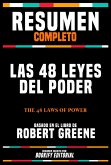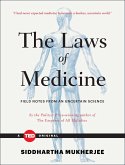Zoonomia; or the Laws of Organic Life is a two-volume medical work by Erasmus Darwin dealing with pathology, anatomy, psychology, and the functioning of the body. Its primary framework is one of associationist psychophysiology. The book is famous for its early ideas relating to the theory of evolution, specifically forms of developmentalism similar to Lamarckism. The first volume is divided into 40 sections, on a range of topics related to the body, the senses, and disease. He classifies bodily and sensory motions as "irritative," "sensitive," "voluntary," and "associative." He presents theories on the production and classes of ideas, and seeks to explain the causes and mechanisms of sleep, reverie, vertigo, and drunkenness. He then discusses anatomy, especially the operation of the circulatory system and various glands. The second volume, published in 1796, is focused on classifying diseases into classes, orders, and genera. The book is divided into four major sections, based on his four classes of disease: diseases of irritation, sensation, volition, and association.
Dieser Download kann aus rechtlichen Gründen nur mit Rechnungsadresse in A, B, BG, CY, CZ, D, DK, EW, E, FIN, F, GR, H, IRL, I, LT, L, LR, M, NL, PL, P, R, S, SLO, SK ausgeliefert werden.

